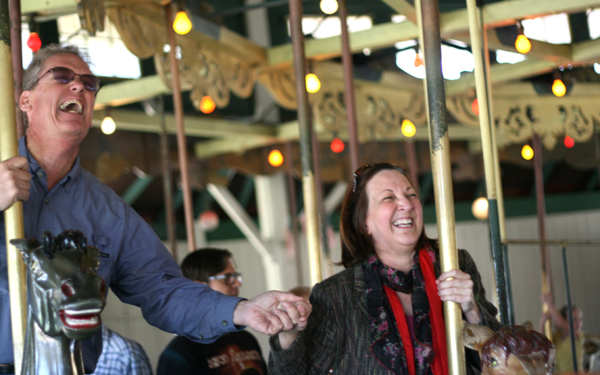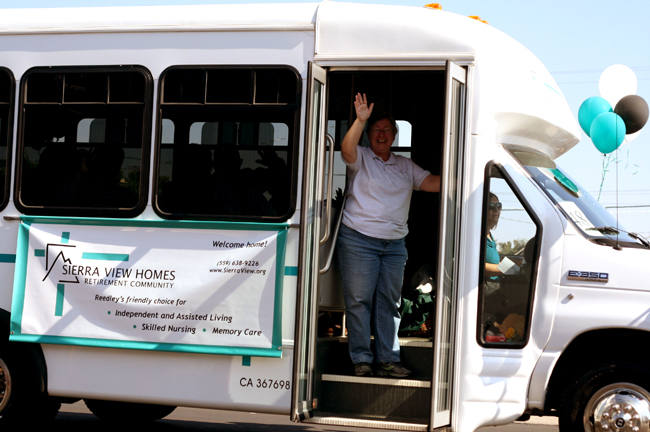Ready to Retire?

The Baby Boomers are starting to enter into retirement. Many people look forward to the freedom that retirement brings, but with it comes financial and social changes. How do you know if you are ready?
The idea of retirement is a fairly recent one that started in the 19th century because people began living longer. When life expectancy was low and there was no pension or social security, people often worked until death. Germany was the first country to introduce retirement in the 1880’s.
Most developed countries today have some sort of system to provide pensions for retirement in old age. In third world countries, support for older people is still primarily provided by the family. Each country has its own formula and age when a person is eligible to receive benefits. In the United States, the longer you work and wait to collect social security, the more money you get monthly when you do collect. As a result, people who have greater wealth tend to retire earlier since they do not have to rely solely on the social security benefits.
Here are several questions you can ask yourself to determine if you are financially ready for retirement:
- Will my retirement benefits completely replace my current income? If not, try living on only the amount of money you will receive upon retirement.
- What are my lifestyle plans? Do I plan to travel or spend more money? Will the activities I plan to do during my free time cost money?
- Are my debts paid off? If you have credit card bills or additional debt that puts a monthly strain on your income, you may wish to continue to work until these are removed.
- Will my income from benefits keep pace with normal inflation?
- How will I pay for healthcare and perscriptions?
But what about the psychological part of retiring? Many of us have our identity wrapped up in our job. The idea of not needing to be at work every day seems great, but it is important to remember that all of the hours previously spent at work will still need to be filled. Most people still need some type of structure for retired life, some reason to get up in the morning. Finding ways to socialize is important: retirees won’t find happiness sitting at home. The ability to find balance between being busy and having time to pursue your own interests may take some practice. Keeping your mind and physical self well will help you enjoy the later years of life.
Here are some questions you can ask yourself to determine if you are psychologically ready to retire:
- What do I plan to do with my time?
- Are the people that I plan to spend time with retired as well or available during the day?
- What activities will get me up in the morning?
- Do I plan to volunteer or continue to use my skills and talents in some way? Volunteering can provide a new sense of identity and self-worth. There are numerous places where one can volunteer, but look at your interests and ask around for opportunities that fit your talents.
- What are my interests? Are there any hobbies that I have been unable to explore before now, or that I did when I was younger and would like to try again?
- What new challenges would I like to take on?
Since I have not retired myself, I talked to a few people about the first months after retiring and the adjustment:
David Hasagawa said he and his wife made a decision that they would quit what they were doing and move on to other interests if they ever got tired of what they were doing. When that happened for both of them they realized that they could retire. “The hard part,” recalled David, “is that everybody thinks you have time to volunteer. It is easy to become busier then you ever were while you worked!” The six months after he retired, David said no to most every request. “That gave me time to look at volunteer opportunities and decide how I wanted to be busy. I now feel I have a pretty good balance between fun time, personal time and volunteering.”
Jay Huchabay told me that he has retired several times since his first retirement. His first retirement ended a career that spanned two decades. Shortly after this retirement he met and married his sweetheart. Together they have had many adventures. They managed a hotel, a mobile home park, and took on several other projects for two to three years apiece. Along with these jobs came several moves. Once settled at Sierra View Homes Jay reports they now enjoy the activities and opportunities a retirement community offers.
Cathy Ratmeyer explained that eight years ago she made the decision to retire from teaching. She loved the job but felt the stress was too much and so she chose to leave the job. Cathy remembers those first few days feeling exhilarated being able to drink coffee any time she wanted to. Soon after her retirement she made plans for extended visits with her children and grandchildren living in several different states. She reports, “It was wonderful to become more connected with my family.” Retirement for Cathy has meant she can volunteer with organizations that mean a lot to her. “It is important to stay close to friends and socialize regularly through church and activities.”
Planning ahead and looking at how you want to fill the days of your retirement will help you be better able to make the transition. These stories illustrate that it is important not only to have a plan for your finances, but to also have plans for keeping your mind and spirit stimulated. Look at your interests and see where you have an opportunity to share your skills. Find ways to connect with people. Join a coffee group, find a place to volunteer, become more connected with your church, take time to be with family, and look at hobbies that could give you hours of entertainment. Retirement can be the start of something wonderful.




